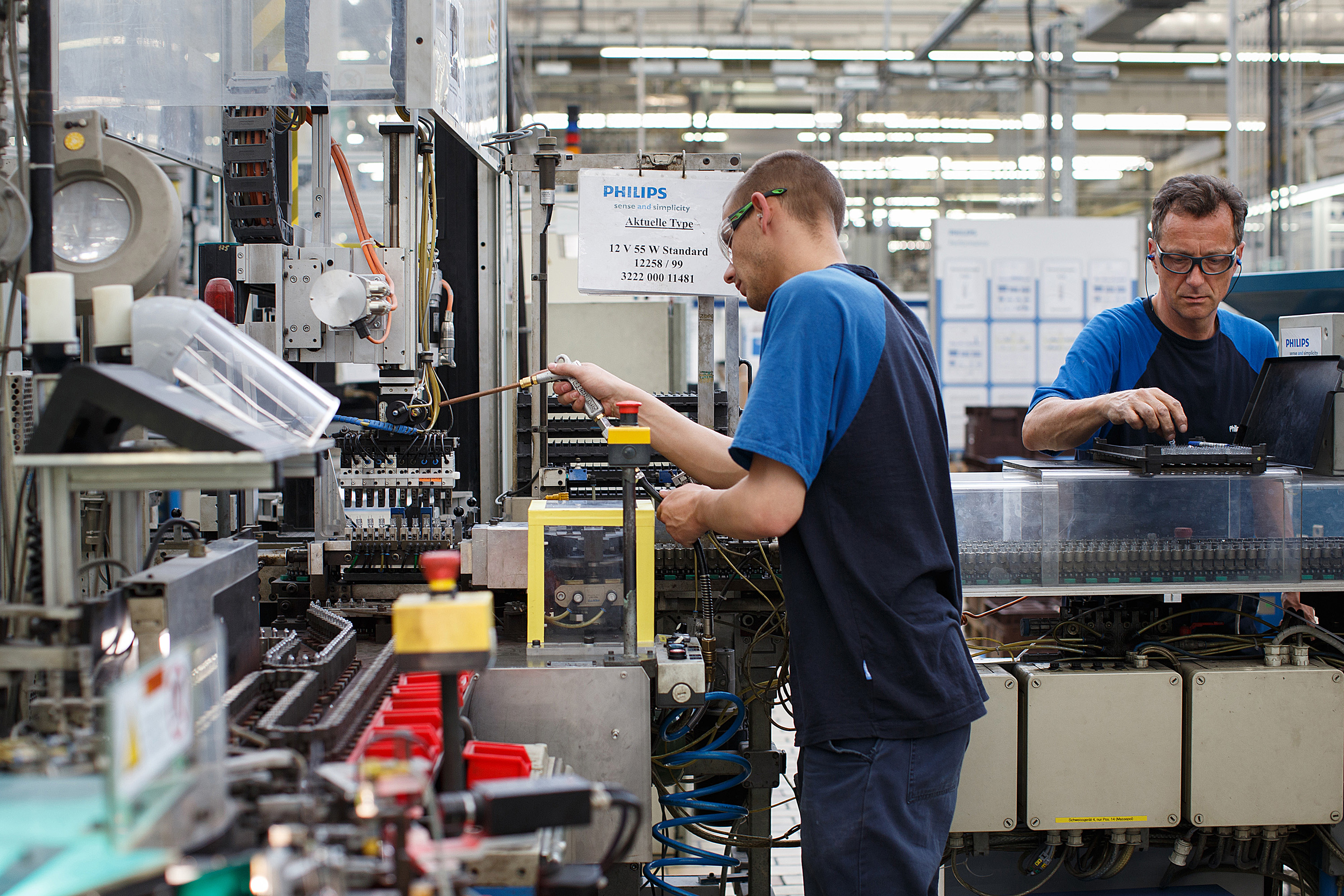Germany’s economy slowed by more than expected in the first three months of the year, official figures have shown, growing by just 0.3%.
That compares with growth of 0.7% in the previous quarter, and was below analysts’ estimates of 0.5%, BBC reported.
However, France’s economy grew at its fastest rate in nearly two years, expanding by 0.6% in the quarter. The growth figure is the strongest since the second quarter of 2013 when France’s economy expanded by 0.7%.
Last month, INSEE said French consumer spending grew by 1.6% in the first three months of the year, boosted by lower oil prices and a weaker euro. French industrial production grew at its fastest pace for four years in the first quarter, INSEE added.
Despite private consumption and investment in construction and industrial equipment rising, Germany saw its exports fall which held economic growth back.
The German Federal Statistics Office also released inflation data which showed consumer prices rose by 0.5% in the year to April, up from 0.3% in March. The figure was a marginal upward revision from the first estimate of 0.4%.
Inflation Stubborn
Inflation in German, as in the rest of the eurozone, remains stubbornly below the European Central Bank’s (ECB) target of just below 2%. The bank launched a €60bn monthly bond buying programme in March to try to stimulate the region and avoid deflation.
An estimate of economic growth across the whole of the eurozone is due later. Eurozone economic growth will be slightly stronger this year than previously forecast, according to the European Commission’s latest forecast.
It predicts 1.5% growth this year, up 0.2 percentage points from its forecast in February, thanks to cheaper oil, a weak euro and stimulus measures.
The improvement was despite a much gloomier outlook for Greece, which saw forecast growth cut to 0.5% from 2.5%. The report said faster growth would see inflation rise and unemployment fall. For 2016, the Commission kept its forecast of 1.9% for the eurozone.
“The European economy is enjoying its brightest spring in several years, with the upturn supported by both external factors and policy measures that are beginning to bear fruit,” said Pierre Moscovici, commissioner for economic and financial affairs, taxation and Customs.
“But more needs to be done to ensure this recovery is more than a seasonal phenomenon,” he added.
The falling price of crude oil has helped to reduce business costs, while the weak euro helps exporters. And the European Central Bank has injected money into the 19-nation eurozone.
The recovery is being powered by Germany, Europe’s biggest economy, which is forecast to see growth of 1.9%, followed by 2% next year. Spain’s recovery is predicted to continue, with growth of 2.8% in 2015 and 2.6% the following year.


